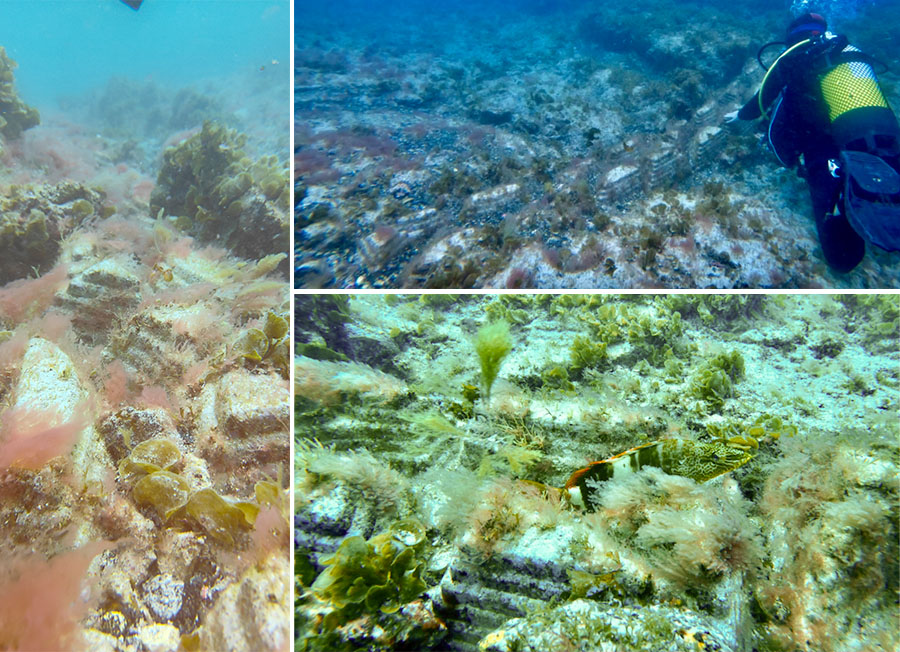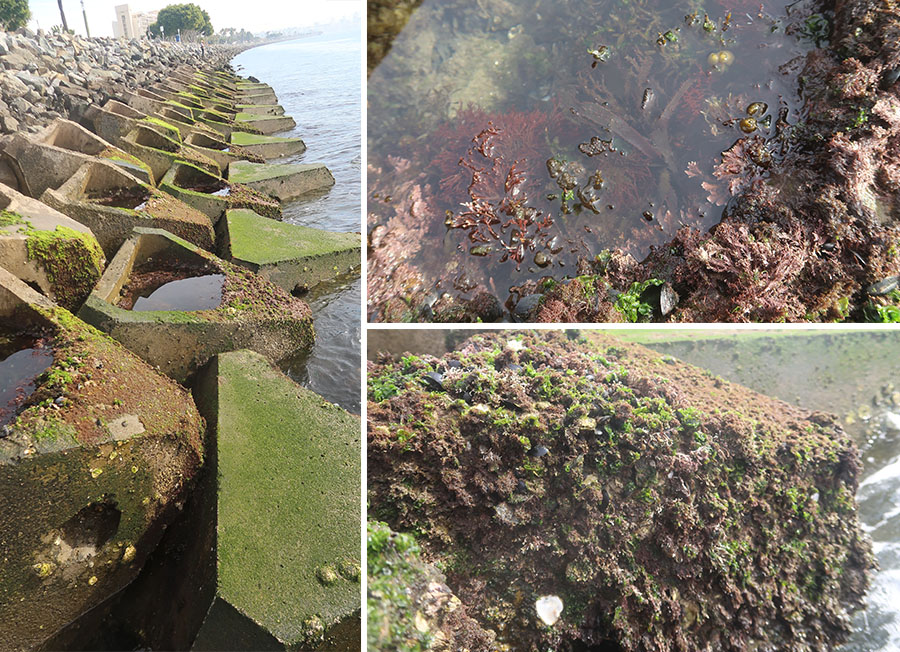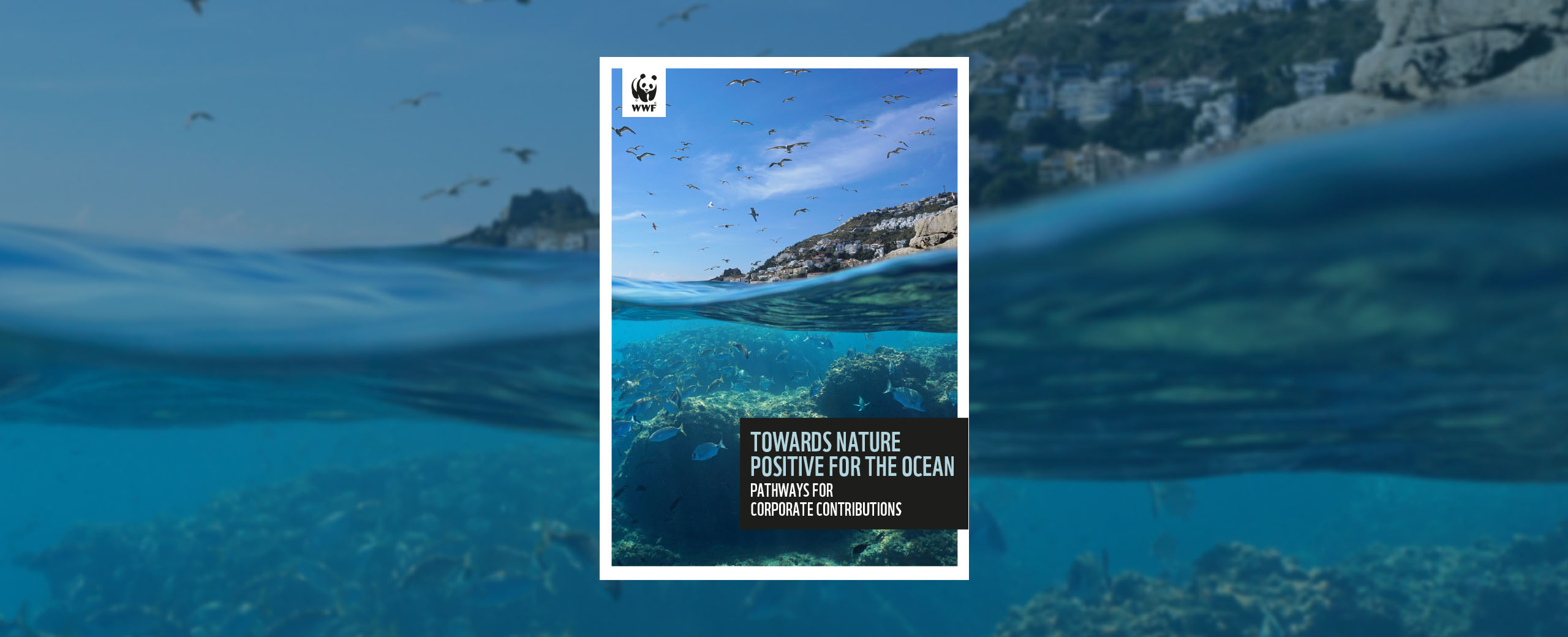TNFD and WWF released ocean-specific guidelines and action frameworks to integrate nature into financial and business decision-making. Here’s the background and takeaways.
Recent global conferences, the Blue Economy and Finance Forum (BEFF) and the third United Nations Ocean Conference (UNOC), have underscored the urgent need to integrate ocean health into financial and business decision-making. Ocean ecosystems provide immense value to people and the planet, yet decades of mismanagement and industrial pressure have left them in steep decline. To reverse this trajectory, stronger and more specialized disclosure and action frameworks are emerging — echoing the calls to action at BEFF and UNOC for transformative, nature-positive approaches across ocean industries.
TNFD Guidance – Ocean-specific disclosures gain momentum
This month, the Taskforce on Nature-related Financial Disclosures (TNFD) released its final sector guidance for fishing and marine transportation (including cruise lines), alongside a discussion paper on measurement of ocean-related issues, inviting public feedback until October 1, 2025. This guidance supports companies in identifying, assessing, and disclosing their dependencies and impacts on marine ecosystems – an essential step in embedding ocean health into financial decision-making and risk assessment.
The TNFD’s “Locate, Evaluate, Assess, Prepare” (LEAP) approach, coupled with its new ocean-specific metrics, enables businesses to move beyond generic sustainability statements and align with global ocean-positive targets. Companies and stakeholders can participate in shaping this framework via the open consultation here.

Nature-Inclusive Designed Cable Protection for an Interconnector Project, 21 months post-deployment
WWF Roadmap for Advancing Nature-Positive Ocean Industries
In parallel, in its recent position paper “Unlocking the Potential of Non-Price Criteria in Wind Energy Auctions”, the WWF calls for robust, scorable, and measurable ecological criteria in EU offshore wind tenders, following the adoption of the Net-Zero Industry Act (NZIA). They recommend that EU Member States design non-price criteria in auctions to incentivize:
“Innovative and effective concepts for nature-inclusive design — designs whose effectiveness has been proven through independent, science-based evaluation processes, which could be used as prequalification criteria.”
In another recent report, “Towards Nature Positive for the Ocean: Pathways for Corporate Contributions”, the WWF offers tailored, actionable guidance for key ocean-dependent sectors — offshore wind, coastal and marine tourism, shipping, and seafood. The report uses the Science-Based Targets Network (SBTN) AR3T framework (Avoid, Reduce, Restore & Regenerate, Transform) to map out practical steps that companies can take to shift from business-as-usual to nature-positive operations.
The WWF highlights the importance of systemic transformation: businesses must embed nature into core strategies, rethink their relationships with marine ecosystems, and work collectively with local communities, policymakers, and financial institutions.
The report underscores the need for sector-specific measures, such as:
- Reducing habitat impacts through nature-inclusive design in offshore wind and ports
- Restoring and regenerating ecosystems by integrating nature-based approaches into marine tourism and coastal infrastructure, tailored to local habitats and species.
ECOncrete: a science-based mitigation & restoration pathway for businesses
The WWF report highlights ECOncrete as a blueprint for nature-inclusive design measures in offshore wind, coastal and marine tourism, and ports and shipping sectors, helping reduce impacts while contributing to restoration and regeneration.
“A bioenhanced concrete, called ECOncrete, has been found to support colonization of native organisms in marine infrastructure projects. Specialized, marine-friendly concrete should be considered during construction of infrastructure and for use in the parts of the turbine that require concrete.” – Source: WWF (2025). Towards Nature Positive for the Ocean: Pathways for Corporate Contributions. 10.5281/zenodo.15587372.

Left: ECOncrete Coastalock Interlocking Coastal Protection Armor installation, 35 months post deployment, Right: closeup
These efforts align closely with the Kunming-Montreal Global Biodiversity Framework (GBF) targets, especially Targets 2 (ecosystem restoration) and 11 (maintaining and enhancing ecosystem services).
Together, the TNFD ocean guidance and WWF’s pathways report represent a significant leap into turning nature-positive commitments into action for ocean sectors, also signaling a convergence in global nature-related accountability frameworks. As disclosures and expectations for action tighten, companies have both a responsibility and an opportunity to lead, not only reducing harm but also actively regenerating marine ecosystems.
Related Articles:
- WWF:Unlocking the Potential of Non-Price Criteria in Wind Energy Auctions – Position Paper
- WWF: Towards Nature Positive for the Ocean — Pathways for Corporate Contributions
- BloombergNEF Report Spotlights ECOncrete’s Role in Nature-Loss Solutions
- Bridging Nature and Finance: ECOncrete and the TNFD
- TNFD releases final ocean guidance
- TNFD discussion paper on measurement of ocean-related issues (consultation open until October 1)
